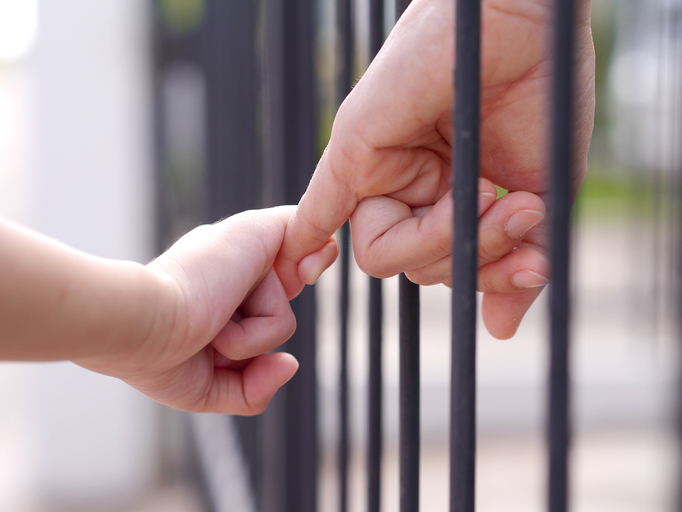
Bill To Move Convicts Into Prisons Closer To Their Children Under 18 Signed By Gov. Newsom
On July 25, a bill launched by the California Department of Corrections and Rehabilitation (CDCR) to place the incarcerated and legal parents of children under the age of 18 in a facility close to the child’s home was signed by Governor Gavin Newsom.
Assembly Bill 1226
Authored by Assemblyman Matt Haney, AB 1226, also known as the “Keep Families Close Bill,” requires CDCR to have a parent or legal guardian of a child under 18 in the correctional facility located at the primary residence of the person’s child. The bill aims to ensure increased connection between the parent and the child, however, with the consent of the convicted or incarcerated parent.
The enactment also allows the convicted individuals to raise a request for reviewing their new prison allocation while changing locations if they are already in prison before the AB1226 comes into effect and can seek the preference of a prison location that is close to one of their children.
That said, there are some restrictions in the bill as well. For instance, it does not allow those convicted parents who are sex offenders or have been imprisoned for heinous crimes to visit their children.
Matt Haney’s objective behind launching this bill was that most children whose parents are convicted are separated from them due to the long distances between the prison and the home. For example, as per CDCR, only 25% of incarcerated people in California are kept in prisons within 100 miles of their homes.
Haney mentions that visitation is further reduced when prisons are located farther away. It is seen that while 50% of people located within 50 miles experience higher visits, only 15% of people located within 500 miles receive visitors, and furthermore, the visitors have to pay huge expenses for the trip.
Besides, Haney also states that it is a known fact that children below 18 who are unable to be in constant touch with their parents suffer from severe behavioral and emotional development issues.
As Haney said in a statement, “We know that having a relationship with parents is crucial for a child’s behavioral and emotional development, and being able to see them being on a regular basis – even just during visits- can make a huge difference in a young child’s life.”
Passed By both Houses, Signed By Governor
While Haney proposed the bill, there was a lot of opposition from other leaders. Some felt AB1226 would only complicate the prison placement system in CDCR, causing more confusion and turmoil.
A former prison guard, Jose Longo, says,” AB1226 ignores so much. Many prisons are in more rural areas, so we are going to see more influx here. San Quentin, the California Institute for Men, and others near big urban areas are going to see a lot of requests, while others see far fewer. And then what? Do you move around those who don’t fall under this but want to remain close just because they don’t have a family? It’s a mess. Especially with many prisons closing and the options of where to put them dwindling as a result. This wasn’t thought through.”
He added,” Also remember that these are criminals. They made the decision to land in prison, including what it would do to their family. Do this, and you take away some accountability. Maybe the victims should have a say too if you want this to be fair.”
Regardless of severe opposition, the bill made it to the assembly and senate this year. While some leaders questioned the impact of transfers across prison locations, AB1226’s emphasis on the benefits to children convinced them. This ultimately resulted in Governor Gavin Newsom signing it into law over the weekend.
As final thoughts, Matt Haney emphasized the advantages of the enactment in the long-term behavioral and emotional development of children while reducing the financial and travel costs spent otherwise on visits.
Jose Longo said that the bill has been signed and how the transfers of prison populations take place in CDCR needs to be seen in the coming year.
AB 1226 will come into effect from January 1, 2024.
In case of any assistance or concerns pertaining to the legal aspects of similar cases, it is recommended to seek the advice of San Jose Family law attorneys.


